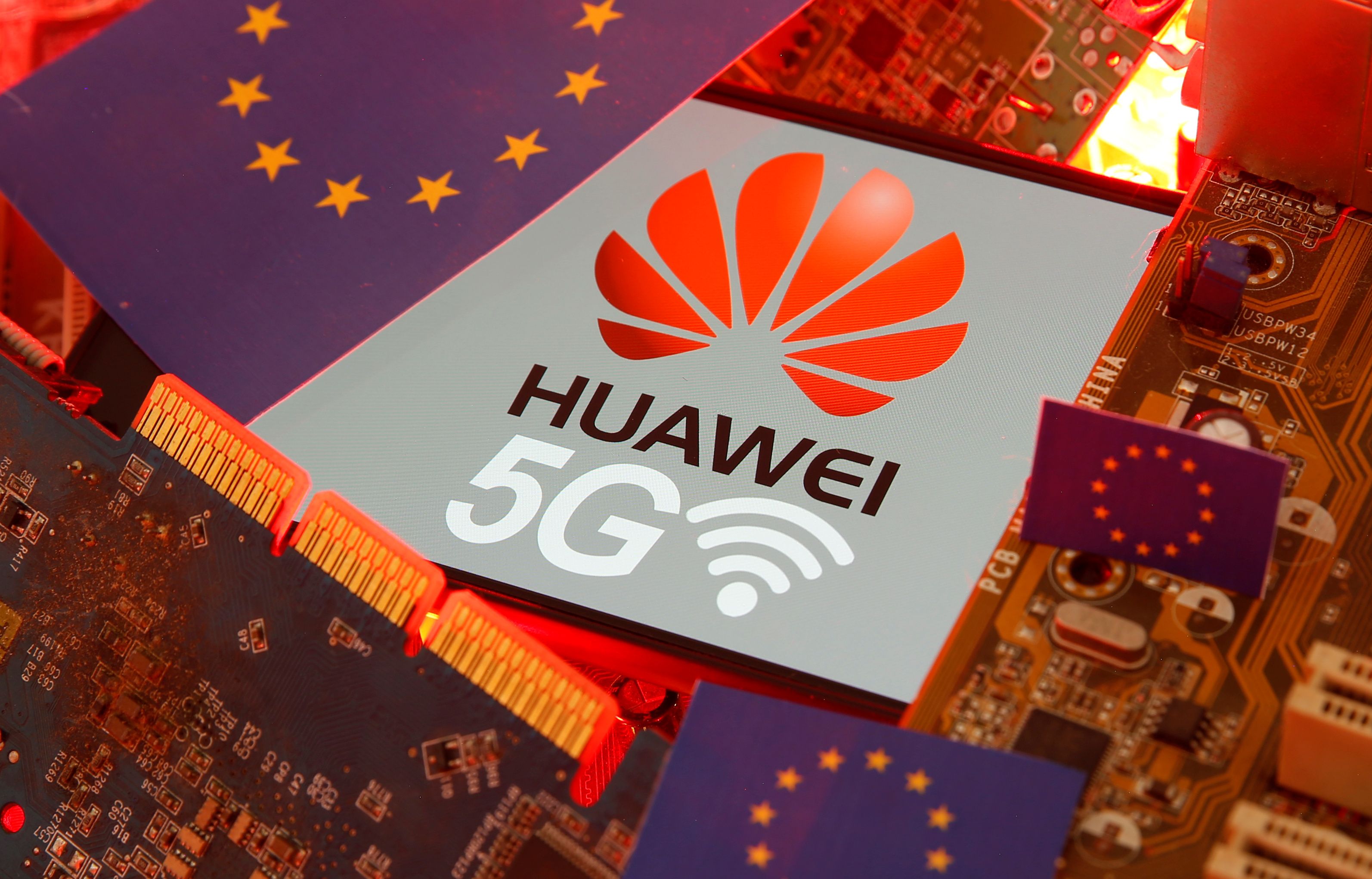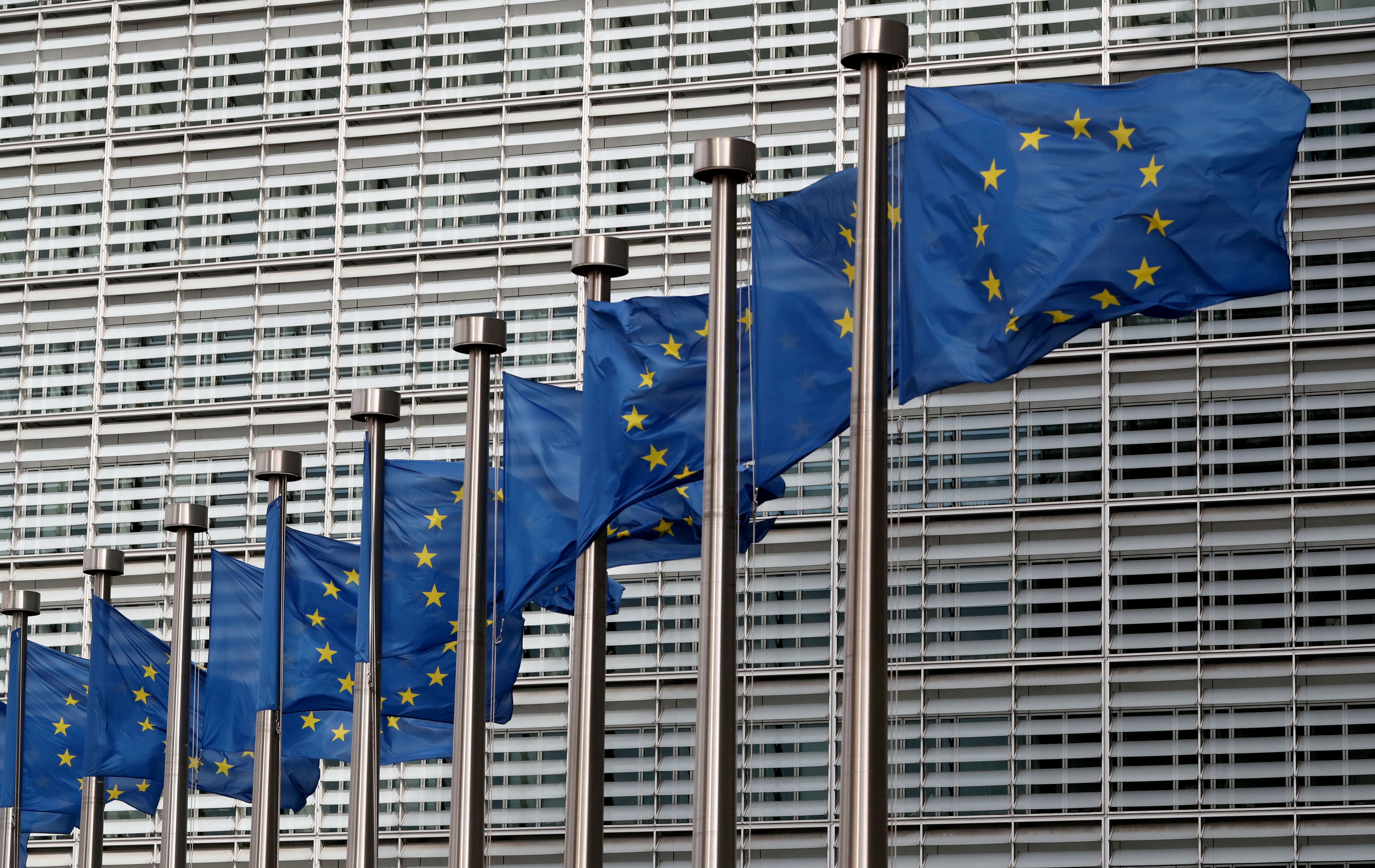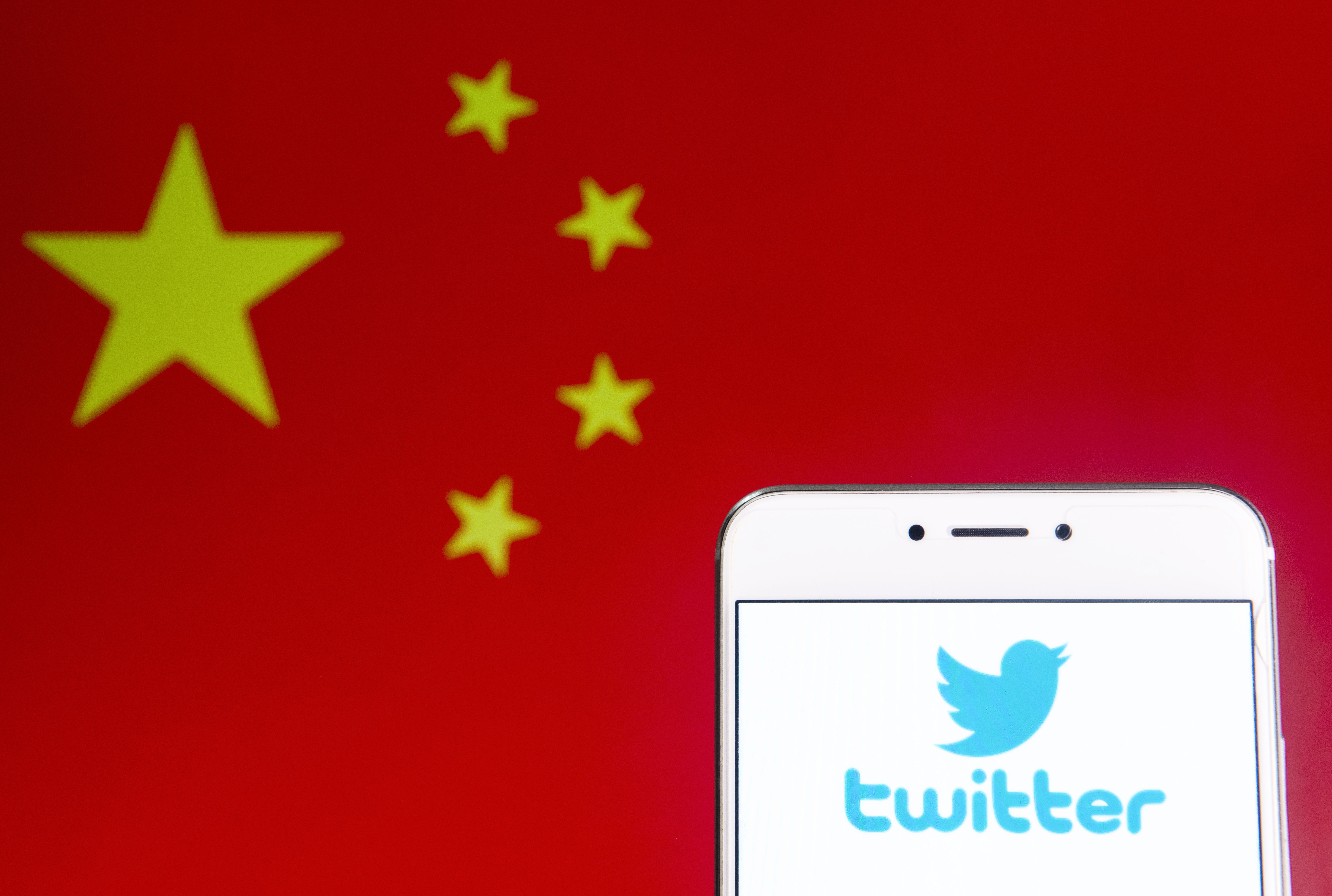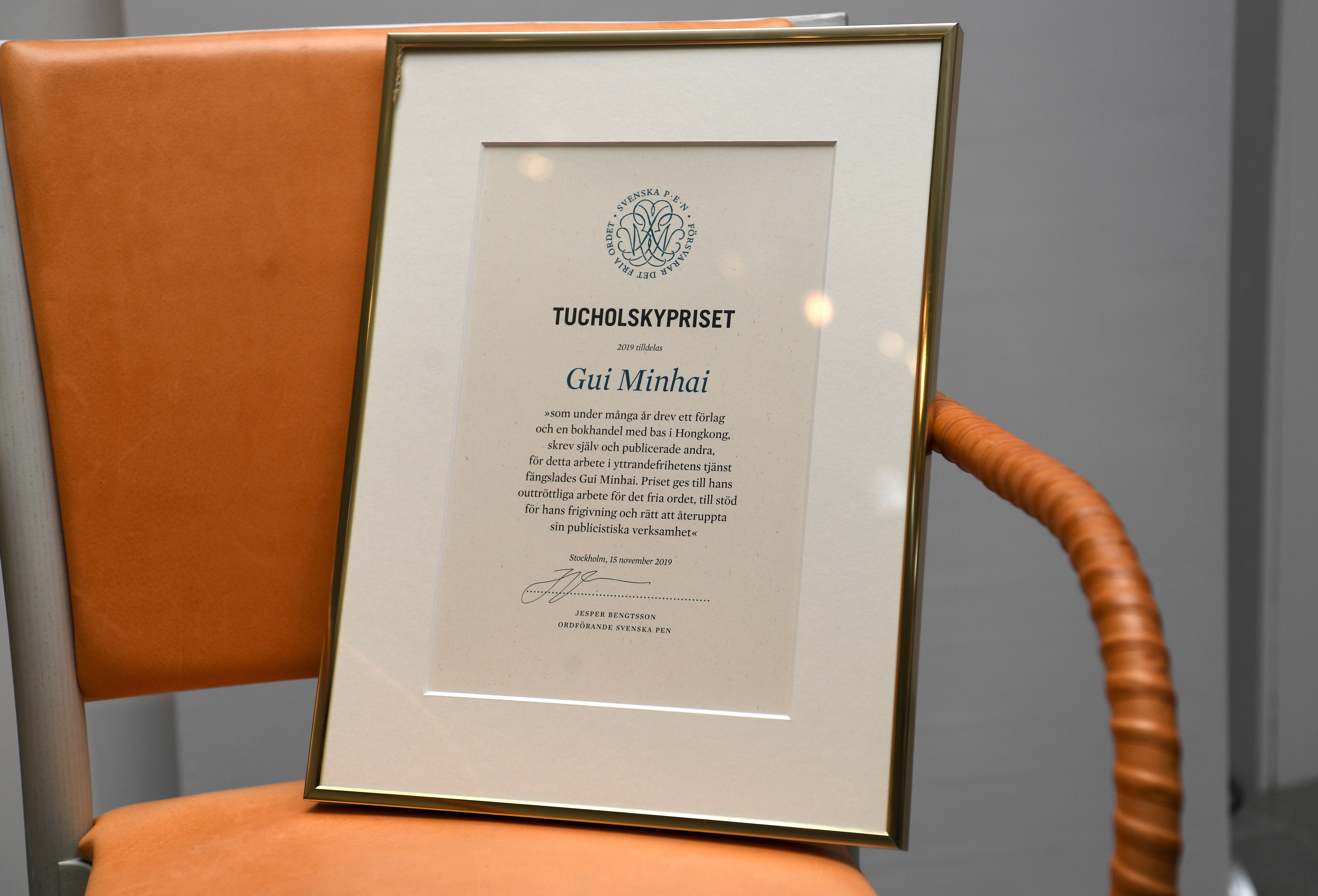
The development of the nationwide 5G telecommunications network is necessary to enable innovation and keep German companies competitive, especially in automotive, machinery, IT, and chemical industries, whose products accounted for more than 50% of German exports in 2018. The construction of the network will increase the speed of data transfer and allow for “intelligent” solutions to be used in public transportation and city infrastructure, which can increase foreign investment in Germany. The lack of domestic 5G technology suppliers will force German telecommunications network operators to choose foreign companies that meet certain security standards.
According to the government draft regulations of October 2019, participation in the network’s construction is dependent, among others, on obtaining security certifications for handling technical components and software and a unilateral guarantee by 5G technology providers of their “legal and actual ability” to prevent passing sensitive data to a third party. These stipulations will not prevent Chinese companies ZTE and, above all, Huawei from participating in the project, especially given their highly competitive offers. However, the proposed regulations have been criticized by some members of the governing parties, the Christian Democrats (CDU) and Social Democrats (SPD), as well as the opposition.
Economic Premises
The risk of delay argues against Huawei’s exclusion from the construction of the German 5G network. The Chinese company is already the main supplier of radio masts and base stations for German telecommunications operators. Excluding the company would involve the time-consuming process of removing its components from the 4G/LTE network on which the 5G infrastructure will be based, and then replacing them with components from a new manufacturer. As a result, the German government would not be able to guarantee the implementation of the 5G network as planned by 2025. In addition, the ongoing process of expanding the 4G/LTE network would be paralysed. Its pace leaves much to be desired anyway: according to OpenSpace data from May 2019, 4G coverage in Germany is 76.9% (54th in the world).
By excluding the Chinese companies, Germany risks deteriorating relations with its largest trading partner—exchange reached €199 billion in 2018—and its automotive industry is particularly vulnerable to possible Chinese retaliation. An EY report shows that in 2018, China was the second-largest market for the German automotive industry after the U.S. (24.7% of exports, a 14% increase compared to 2017). Blocking Huawei’s participation in the construction of 5G could also make it difficult for German companies to expand into the Chinese market, which depends on the consent of state authorities.
Critics’ Arguments
Opponents of the current draft law on the 5G network indicate that allowing Huawei and ZTE to participate threatens Germany’s security because of the likelihood that the firms will be able to control data transmission through their 5G components and the potential for data-gathering by Chinese authorities. In November 2019, the head of the Federal Intelligence Service, Bruno Kahl, warned against the participation of the Chinese companies in projects of key importance to Germany. In addition, the head of the Office for the Protection of the Constitution, Thomas Haldenwang, pointed out the growing number of Chinese cyberattacks in which China, apart from obtaining industrial data, is increasingly focusing on obtaining information about German economic and foreign policy.
An argument for blocking Huawei and ZTE from the construction of the German 5G network also concerns the deterioration of Germany’s relations with the U.S., which treats China as its main rival. Like with the heads of German intelligence and counterintelligence, U.S. representatives informed the government of Angela Merkel that the infrastructure Huawei and ZTE offer can be used by China to conduct espionage activities. According to German media reports, in December 2019, the U.S. authorities provided the German government with evidence of Huawei’s cooperation with Chinese intelligence. The consequence of ignoring these reports could be the suspension of U.S.-German intelligence cooperation, which was signalled by among others, the U.S. ambassador to Germany. The decision to allow Huawei and ZTE to participate in building the 5G network would signal that Germany is ready to sacrifice its relations with a key ally for economic benefits. In addition, deepening cooperation with China—criticized for limiting Hong Kong’s autonomy and violating human rights, among other things—is inconsistent with the moral dimension of foreign policy raised by German politicians. Critics also see it as strengthening Germany’s largest economic rival.
The assumptions in the Chinese “Made in China 2025” strategy include developing the country’s industrial automation, IT, automotive, and pharmaceutical sectors, all areas where Germany is among the global leaders. Second, although China is significant in German exports, it is Germany that has the trade deficit—€13.1 billion in 2018. In addition, in Germany, not only are cheap products based on simple technologies (e.g., toys and textiles) imported but more and more often also advanced electronic equipment and machinery. In 2018, these latter two accounted for 23.5% and 17.04%, respectively, of German imports from China and compete with domestic products. Third, the German government is concerned about Chinese economic cooperation with Central European EU members within the framework of the “17+1” format , seeing in it a risk of using the grouping to create divisions within the Union.
Critics of the German government’s draft regulation also point to alternatives to Huawei such as Swedish Ericsson and Finnish Nokia. Although the infrastructure offers of both companies are more expensive than the Chinese solutions, this has not discouraged operators such as KDDI in Japan or Iliad and Orange in France from choosing the Scandinavian suppliers. German operators are also interested in Nokia’s and Ericsson’s offers. In 2019, Deutsche Telekom chose the Swedish company as its 5G infrastructure supplier for so-called “campus” networks connecting network devices within enterprises. The choice of a European offer by the largest EU economy would also be a clear impulse for the development of European industrial policy.
Conclusions
Given the opposition to the current draft regulations among the parliamentary factions of the CDU/CSU (Christian Socialists) and SPD, Chancellor Merkel will strive to tighten Germany’s security standards without excluding Huawei and ZTE from participating in the construction of the 5G network. The position of the European Commission (EC) affects the likelihood of such a scenario being implemented. The set of instruments the EC proposes to guarantee the security of 5G infrastructure in Europe leaves it to the Member States to exclude a given company from the project. From the German government’s perspective, allowing ZTE and Huawei to participate in the construction of the 5G network would facilitate the conclusion of a comprehensive investment agreement with China, which is one of the priorities of the German presidency of the EU Council in the second half of this year. An agreement could be concluded at the EU-China summit in Leipzig in September 2020.
Probably, new regulations with more stringent security requirements but which allow the participation of the Chinese companies will be insufficient from the U.S. perspective. The U.S. authorities criticized the British government’s consent to limited participation by Huawei and ZTE in the construction of the United Kingdom’s 5G network. It cannot be ruled out that German regulations allowing Chinese companies to build its 5G network will prompt the U.S. to impose tariffs on EU cars. In addition, the suspension of intelligence cooperation between Poland’s key partners would have negative consequences for the security of NATO as a whole. It is possible that the German government is counting on the U.S. backing away from its threats if other European Alliance members also do not completely exclude the Chinese companies from their 5G networks.







